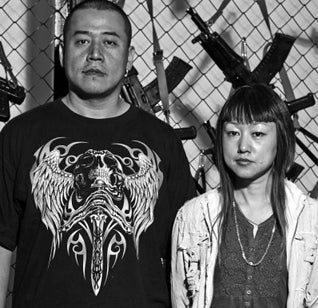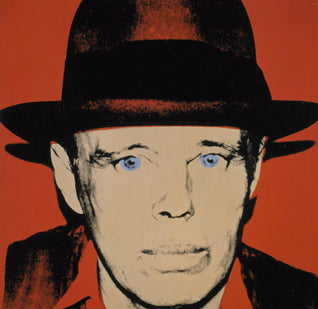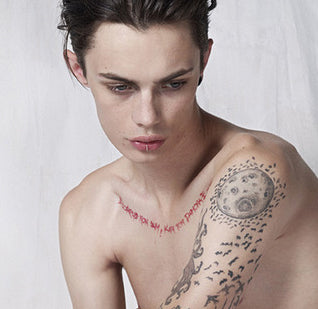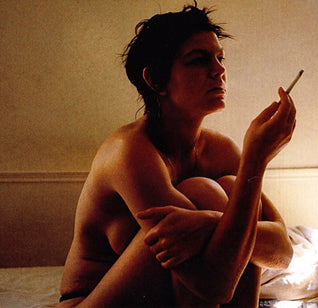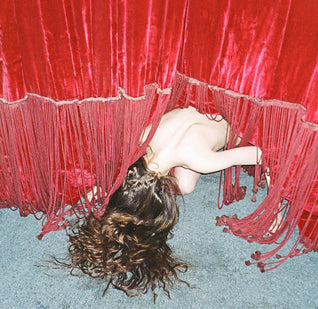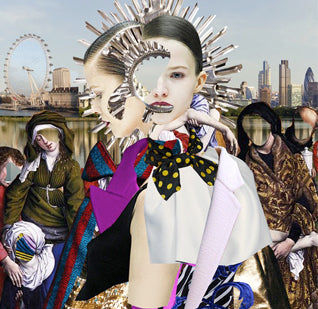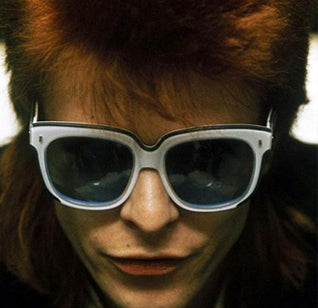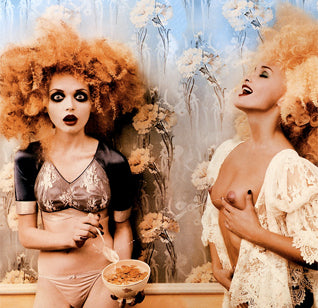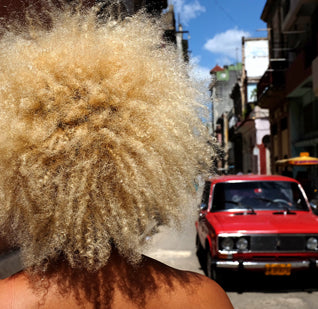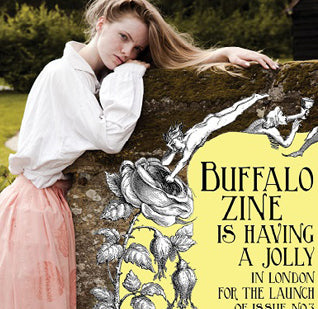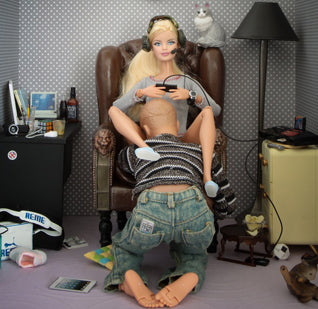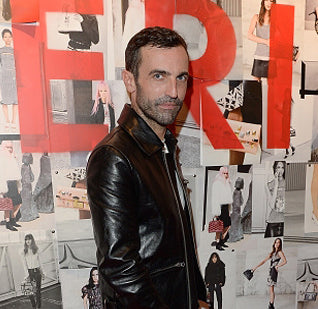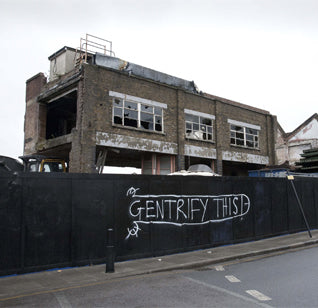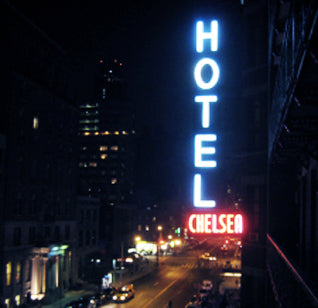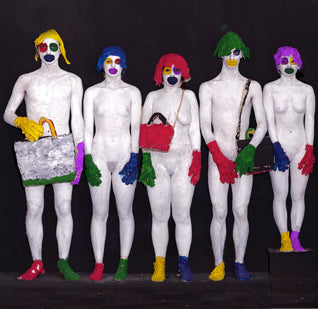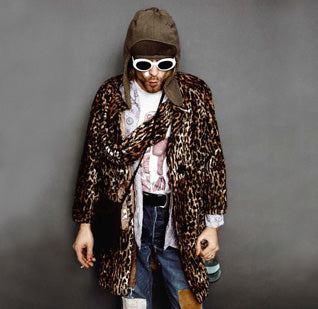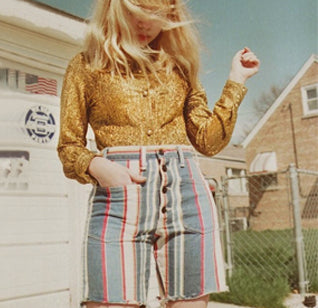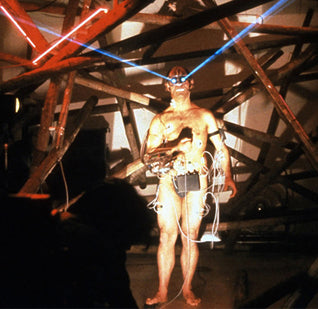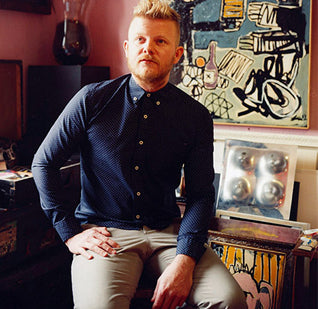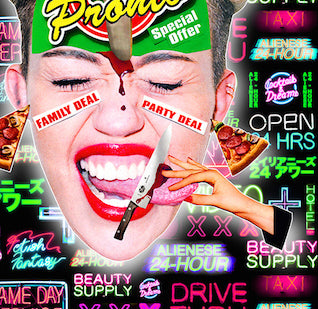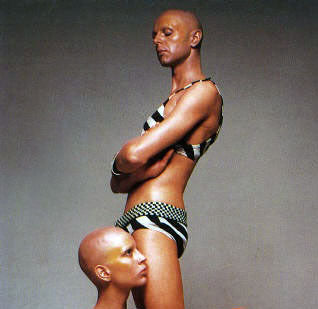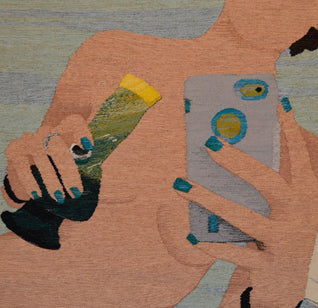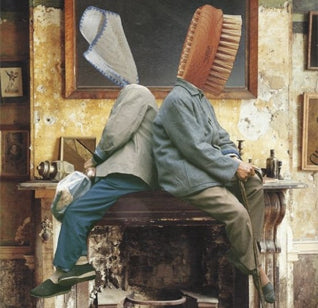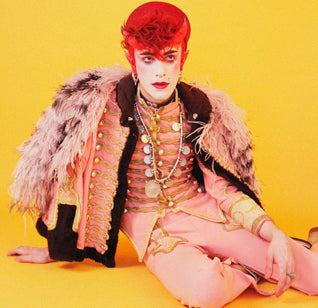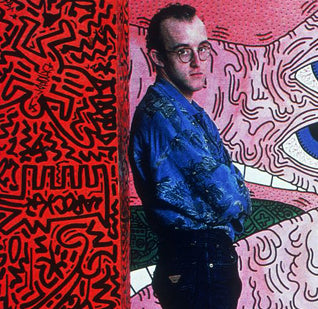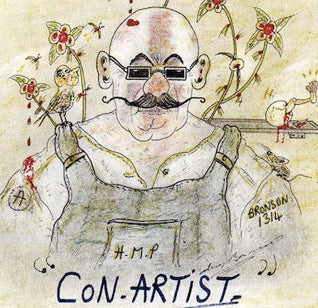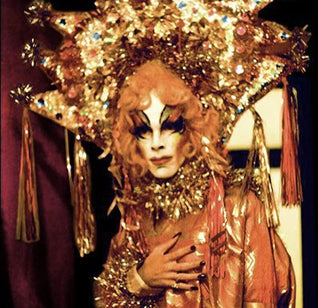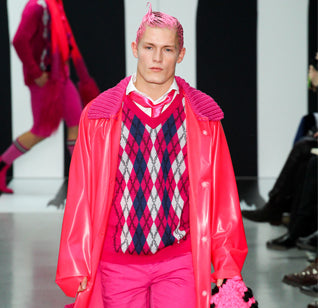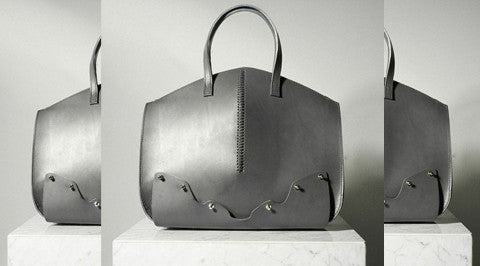BONDA RAG
The secret Language of Polari
by Ellie Howard
Walking around the fanfare of Piccadilly Circus, London, in the 1960’s you might of heard “Isn't that fantabulosa?” or “dolly eek” above the crowds. These phrases were part of a rhythmic slang called ‘Polari’; an anti-language that was used in secret by the gay culture around the 1960’s, at a time when homosexuality was illegal. The young sailors of the merchant navy first spoke the language; they would hold late night soirees in their cabins, sitting drinking vodka martinis in spectacular outfits and listening to Alma Cogan records.
Picked up as gypsy slang and adopted in the theatre, the language was spoken as a way to identify others covertly. Flourishing between the years of Oscars Wilde’s trial and the passing of 1967 Sexual Offences Act, it was a code that could be spoken freely in public places without fear of arrest. There was something romantic about Polari during the oppression of the sixties, it spelt ‘freedom’.

Extract from film: Velvet Goldmine, 1998



Morrissey’s album ‘Piccadilly Palare’ references the male prostitution ring that worked around the streets of London, spending hours in cafes waiting for ‘steamers’ (clients) “Was just silly slang/Between me and the boys in my gang/ So bonda to vada/Oh you/ Your lovely eek and your lovely riah/.

